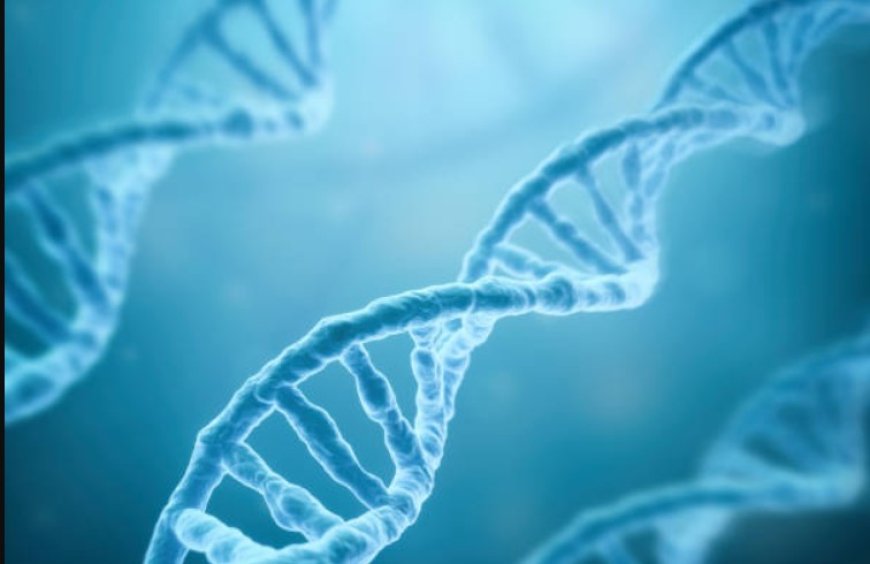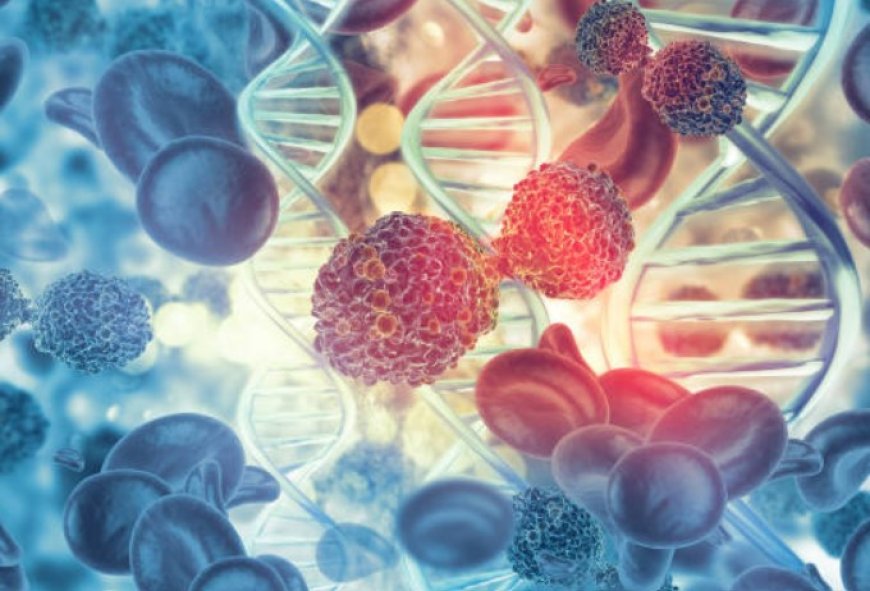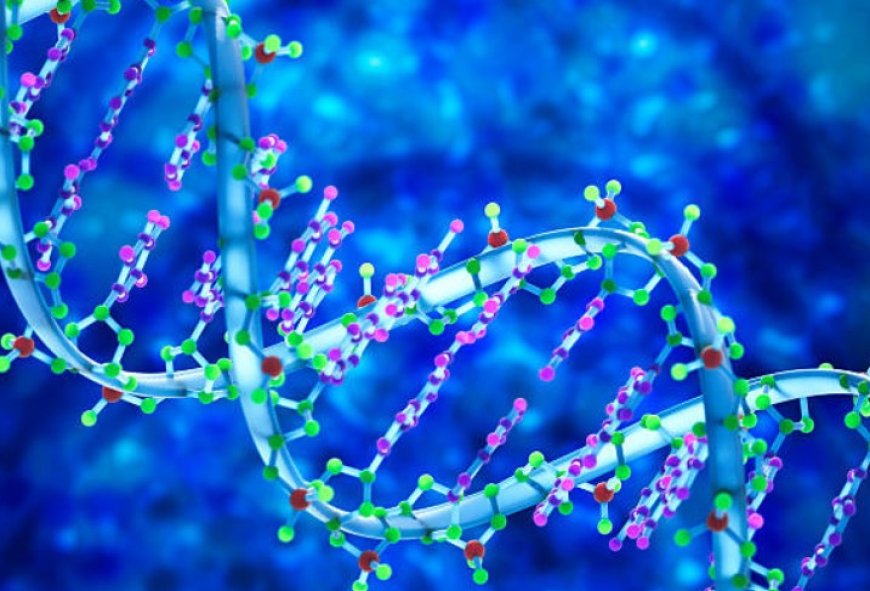The ethical implications of gene editing: A complex issue with far-reaching consequences
From designer babies to unintended consequences, gene editing raises a number of ethical concerns that we need to consider carefully.
What moral ramifications does gene editing have?
With the use of this potent technology, scientists can precisely alter DNA. By enhancing crop yields, treating and curing illnesses, and even producing new life forms, this technology holds the potential to completely transform medicine. Gene editing does, however, also bring up certain ethical issues.
A major worry is the possibility of using gene editing to make "designer babies." This might result in a society in which individuals are chosen based on attributes like intelligence, attractiveness, or physical prowess. This might lead to a new kind of inequality where people with access to gene editing would have a big advantage over people without.
The possibility of unexpected outcomes from gene editing is another worry. For instance, altering a gene to cure one illness can unintentionally raise the risk of developing another. Since we might not fully understand the long-term impacts of gene editing for many years, it is also crucial to take those implications into account.
Gene editing presents a number of philosophical issues in addition to these worries. For instance, if we can alter our own DNA, what does it mean to be human? What aspects of ourselves should we not be able to change? How can we be sure that gene editing is applied responsibly and not harmfully?
When we create and apply gene editing technologies, these are all crucial issues that we must take into account. In order to utilize this potent technology wisely, it is critical that we have an open discussion about these concerns.
The following are some particular ethical issues with gene editing:
Agreement: Who has the authority to approve gene editing? How about modifying the genes in fetuses or embryos?
Equity and justice: Who will have access to the technology for gene editing? Will it be within everyone's budget and reach?
Security: What possible dangers might gene editing pose? How can the efficacy and safety of gene editing be guaranteed?
Dignity of human: If we are able to alter our own DNA, what does it mean to be human? What aspects of ourselves should we not be able to change?
Inadvertent outcomes: What are the possible enduring consequences of genetic modification? How may the possibility of unforeseen effects be reduced?
It is crucial that we carefully consider these ethical issues as we advance and apply gene editing technologies. Although gene editing has the potential to enhance human health and wellbeing, it is crucial to employ it in an ethical and responsible manner.















































































































































































































